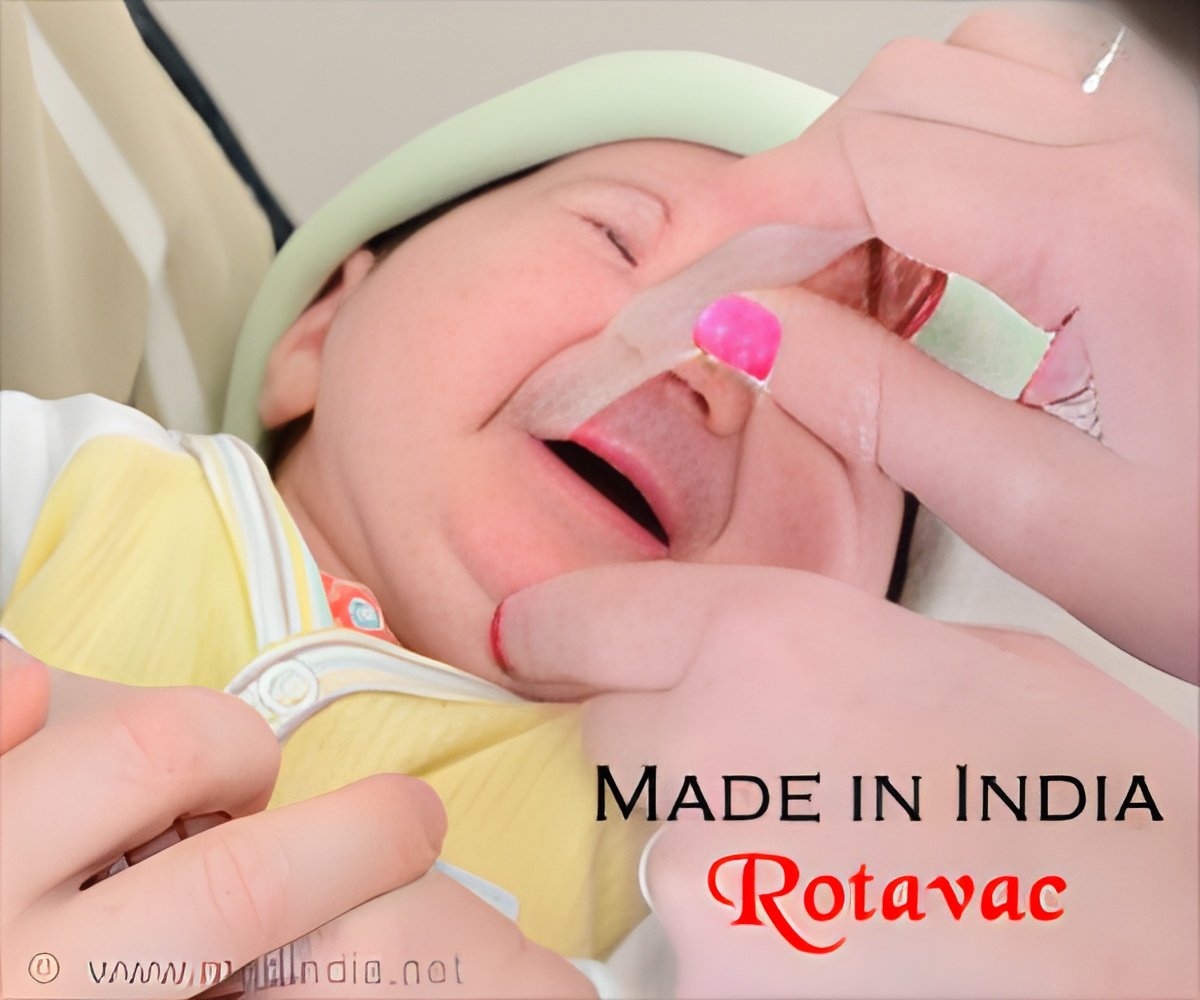India's first indigenously developed and manufactured rotavirus vaccine 'Rotavac' will be available for sale at the rate of around Rs 60 per dose from next week.

The results of phase III clinical trials for the efficacy of the vaccine, which were published in Lancet, revealed that the vaccine was as effective as the currently licensed rotavirus vaccines in the prevention of diarrhea; it also reduces hospitalization. Rotovac will soon be inducted into the national immunization programme.
At the launch recently, Prime Minister Narendra Modi said, “The launch was the result of an extraordinary effort spread over the last 25 years. I hope that it would inspire higher levels of research, development and manufacturing activities in the country, not just in medical science, but also in other important areas of science and technology.”
Modi lauded this initiative an example of India’s capabilities for high-end research and development of sophisticated pharmaceutical products in India. “It is also an effective public-private-partnership model for finding affordable solutions to societal challenges,” he said. “It’s a successful example of collaboration between India and the US in the field of medical science.”
‘Rotavac’ was developed through a unique social innovation partnership under the Indo-US Vaccine Action Program that brought together the experience of Indian and international researchers.
The life saving vaccine was developed by Bharat Biotech, a Hyderabad-based company. Dr. Krishna Ella, chairman and MD, said “We realized a dream by bringing out the first Made in India molecule. Our vaccine is affordable, safe and effective, besides being cross-protective against a variety of rotavirus strains.”
Journey of Rotavac
- Roger Glass, a scientist from the US and M. K. Bhan, then assistant professor at the All India Institute of Medical Sciences (AIIMS), India, started the project around 30 years ago.
- In 2003, two promising strains — I321 isolated by at the Indian Institute of Science (IISc) and 116e isolated at the AIIMS were ready to be made into potential vaccines. They were formulated as vaccines and tested in infants at AIIMS in 2003.
- By 2005, it was clear that one of the strains – 116e, had almost twice the protective effect than that of the IISc strain.
- The results of the last trial (phase 3) were announced at a widely publicized media event in New Delhi on 14 May, 2013.
- It was officially launched by Prime Minister Modi on 9 March 2015 in New Delhi.
Source-Medindia









